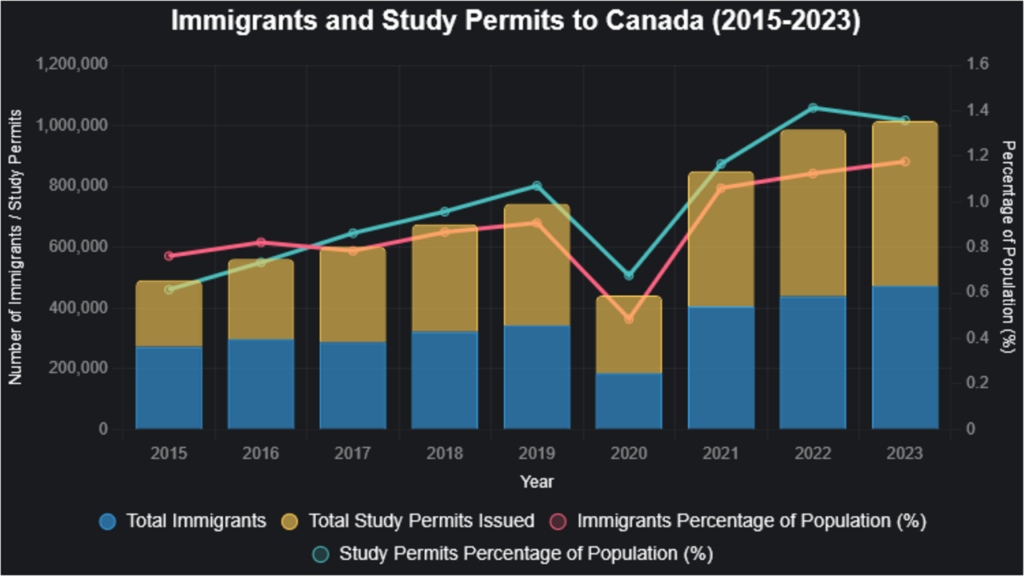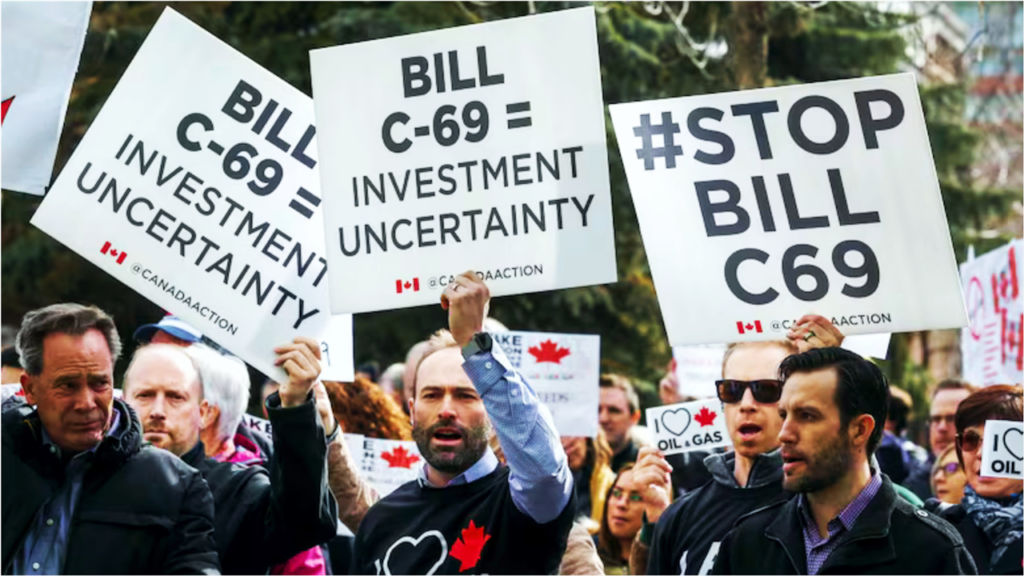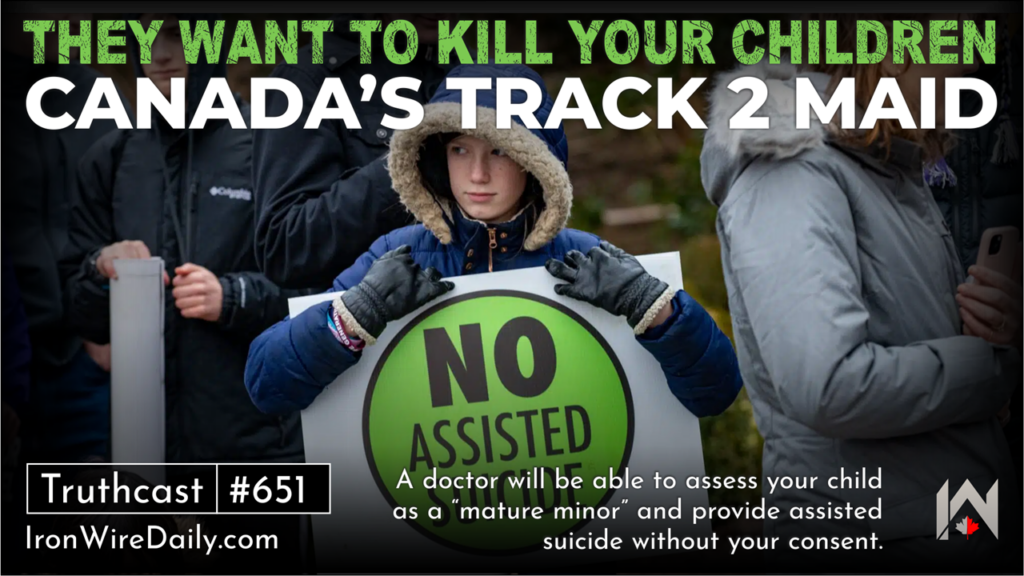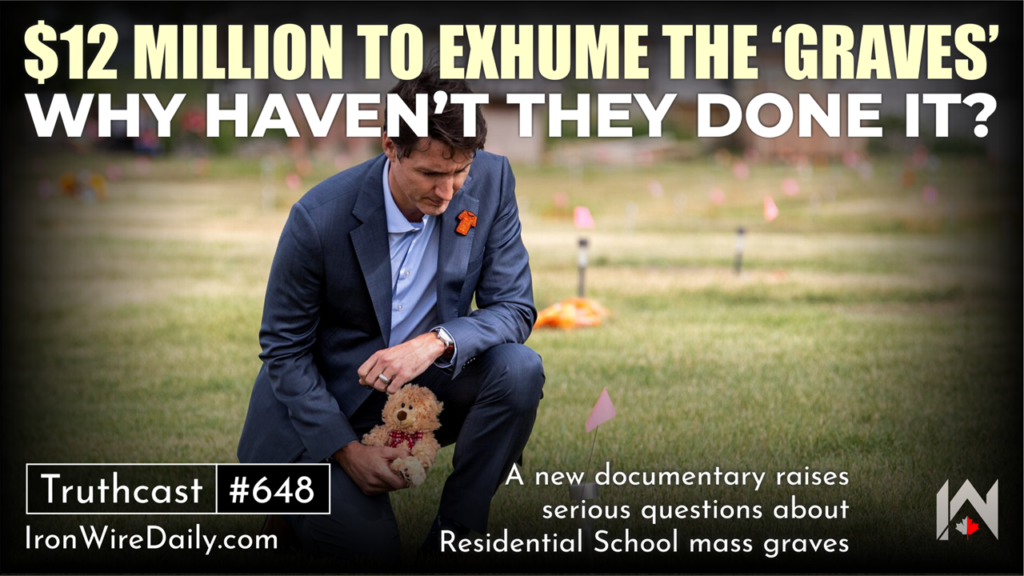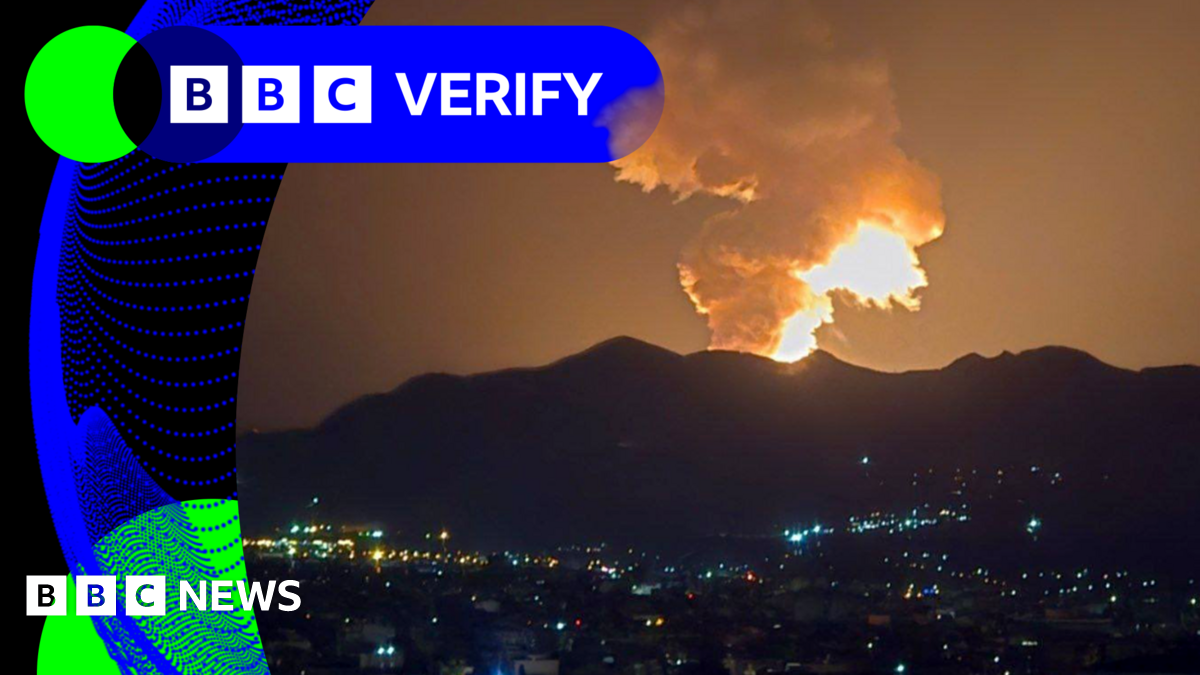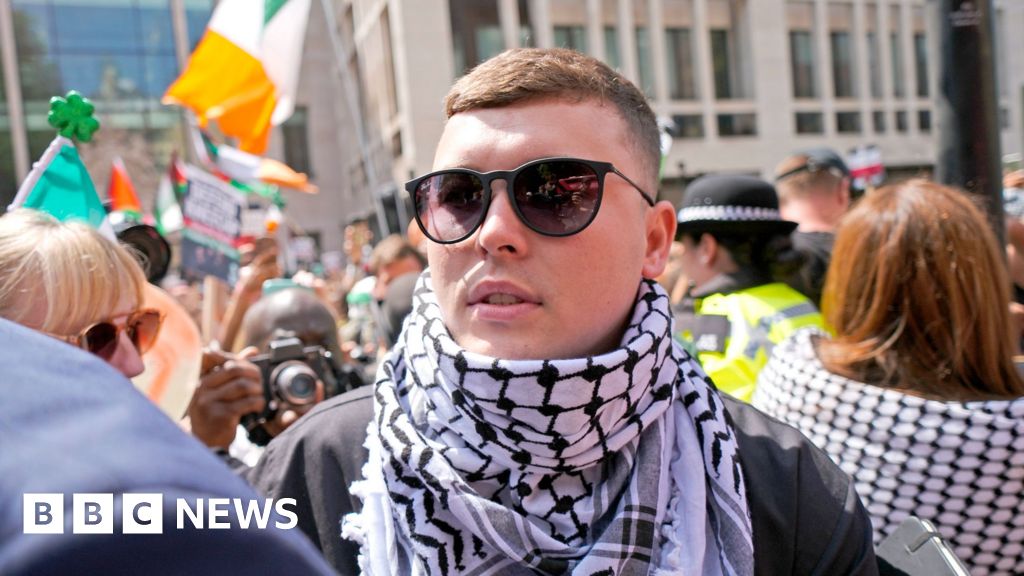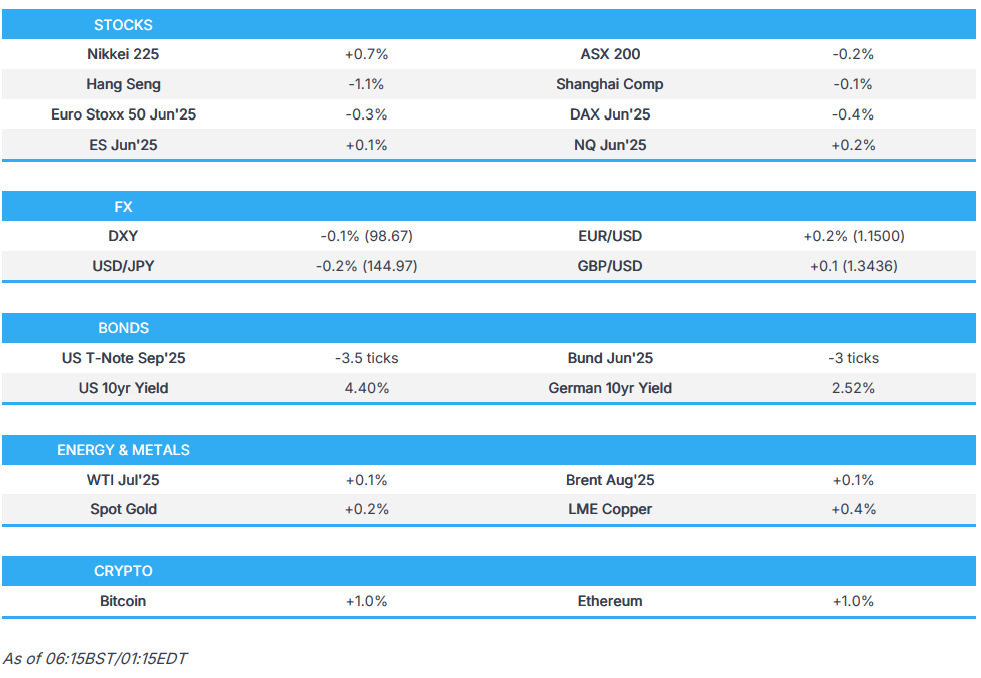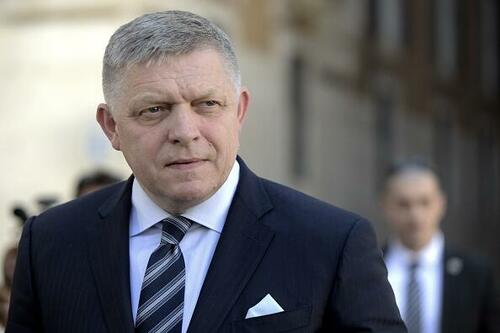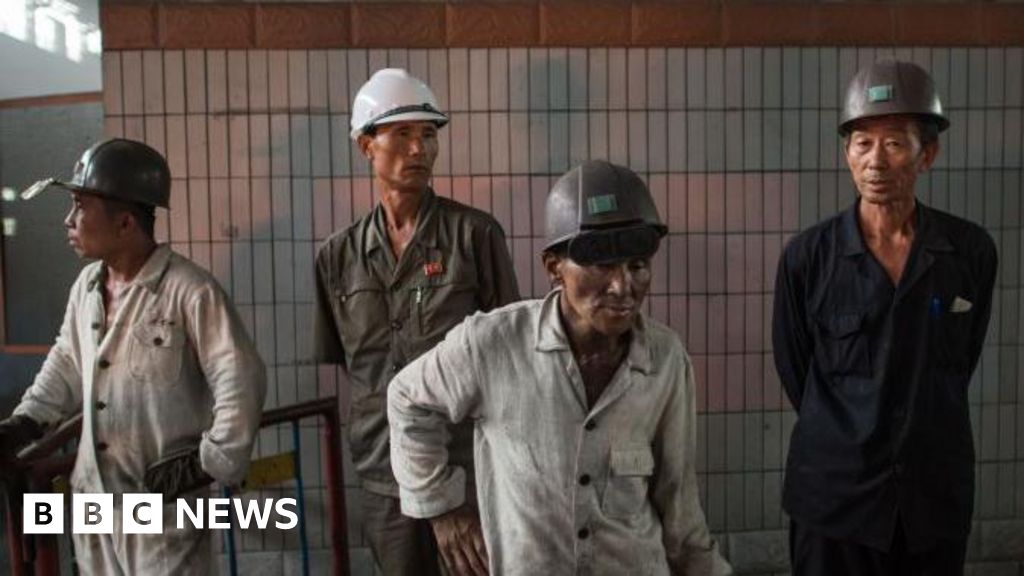Purging Of Top Chinese Generals Shows Central Military Commission In “Disarray”
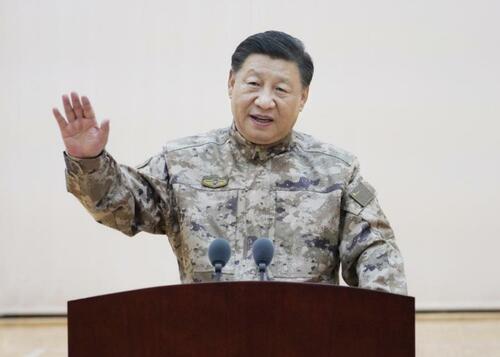
General He Weidong, once the second-highest-ranking officer in China’s military and a close ally of President Xi Jinping, has been purged—three months after vanishing from public view.
His removal is now clear, following his absence from a high-profile funeral and other political signals, according to Nikkei.
He was vice chairman of the Central Military Commission (CMC), the top body overseeing the People’s Liberation Army (PLA), and a Politburo member. His sudden downfall marks the first time a sitting CMC vice chairman has been purged since the Cultural Revolution in the 1960s.
Nikkei writes that the clearest sign of He’s fall came during the funeral of former CMC vice chairman Xu Qiliang. Footage from the event showed floral tributes from top leaders—but none from He. His absence, unedited by state media, underscored his political erasure.
This continues a broader purge within the PLA under Xi. Since the early 2010s, multiple high-ranking generals—including Guo Boxiong, Xu Caihou, and Fang Fenghui—have been arrested, imprisoned, or died under investigation. Another, Zhang Yang, committed suicide in 2017 while facing charges.
While such purges have become more common, He’s case is notable because he was an active member of Xi’s inner circle. He was promoted under Xi, seen as trusted, and attended the final session of China’s parliament just in March—his last public appearance.
The PLA has seen significant internal turmoil, especially since the Communist Party’s 20th Congress in late 2022. Several top military figures—including Defense Ministers Li Shangfu and Wei Fenghe, and CMC Political Work Department head Miao Hua—have also disappeared or been removed.
These purges have left the CMC in disarray. Its membership has dropped from seven to just four, including Xi himself. Nearly half of the leadership selected in 2022 is now gone, signaling instability at the military’s highest levels, the article details.
In China, the military is controlled by the Communist Party, not the state, and survival at the top depends on absolute loyalty. He Weidong’s fall suggests that even the most senior and trusted officers are not safe in today’s political climate.
Loading…

